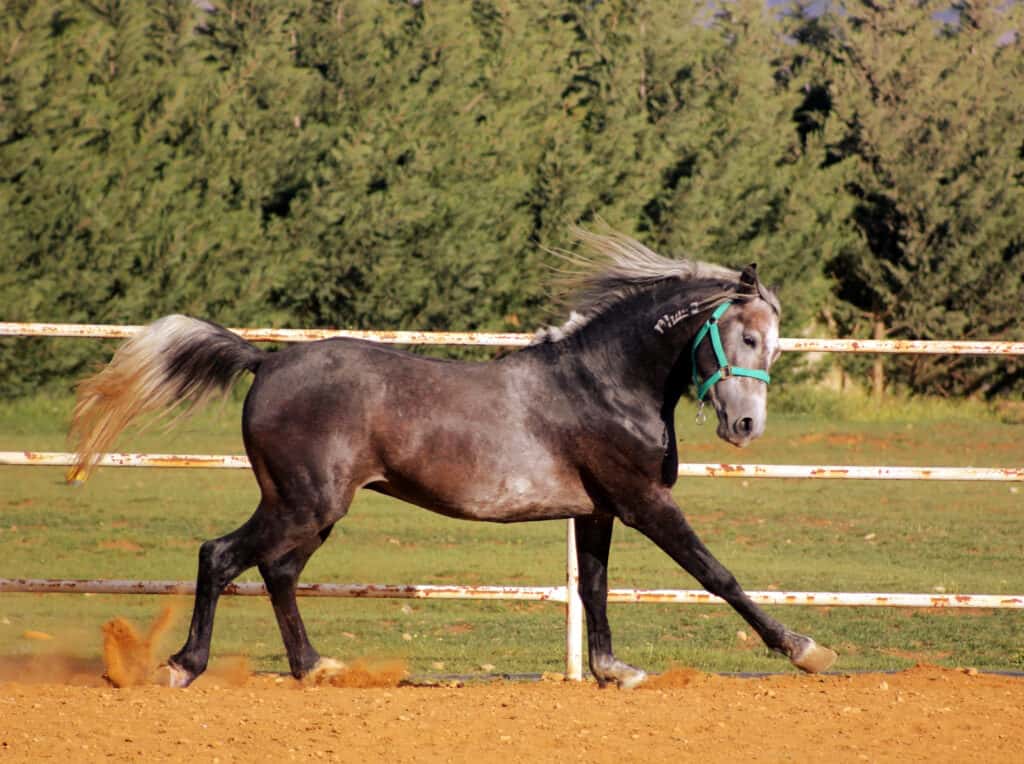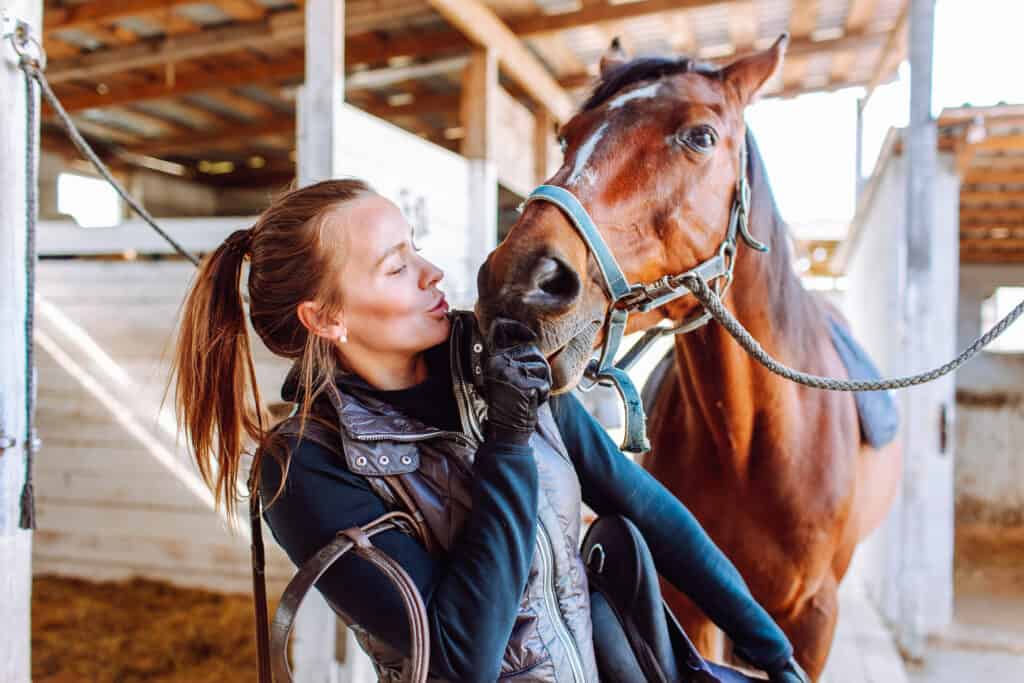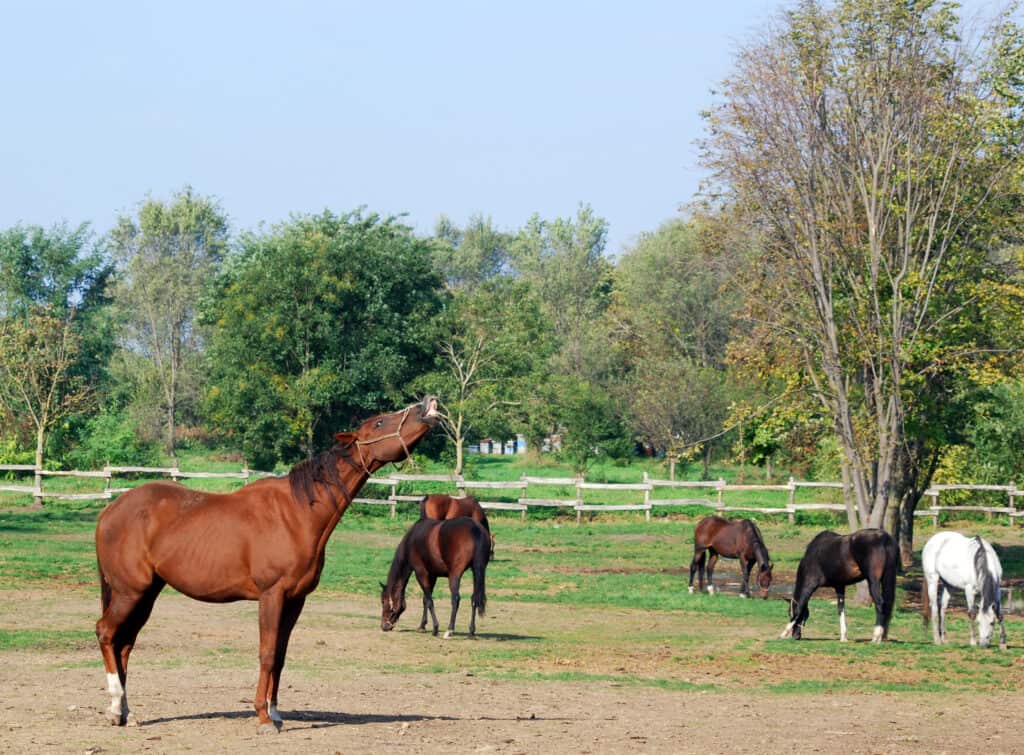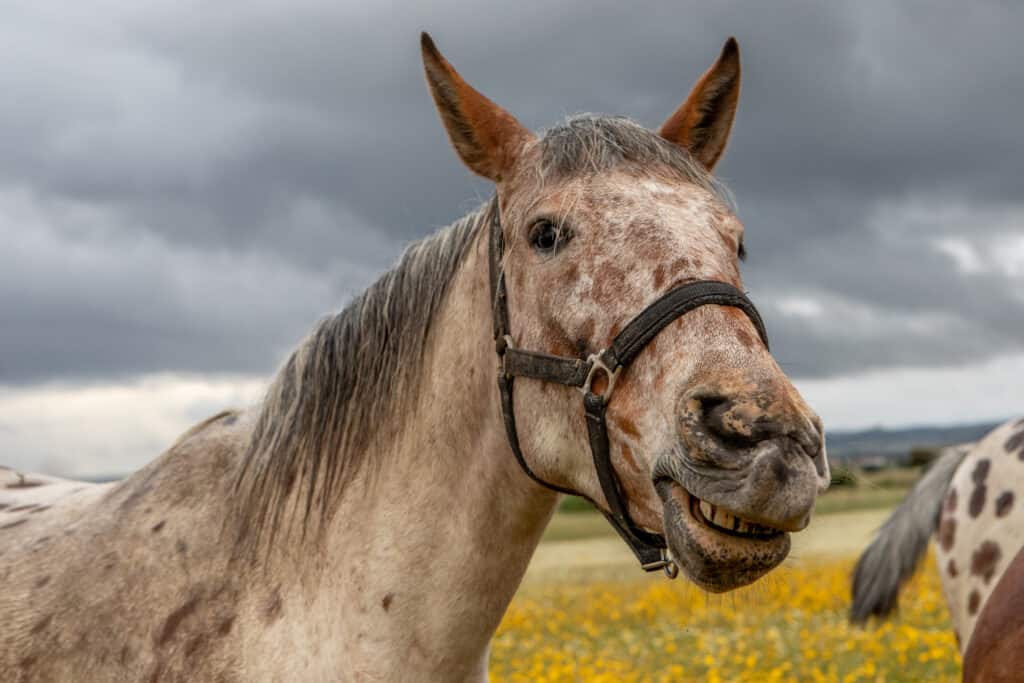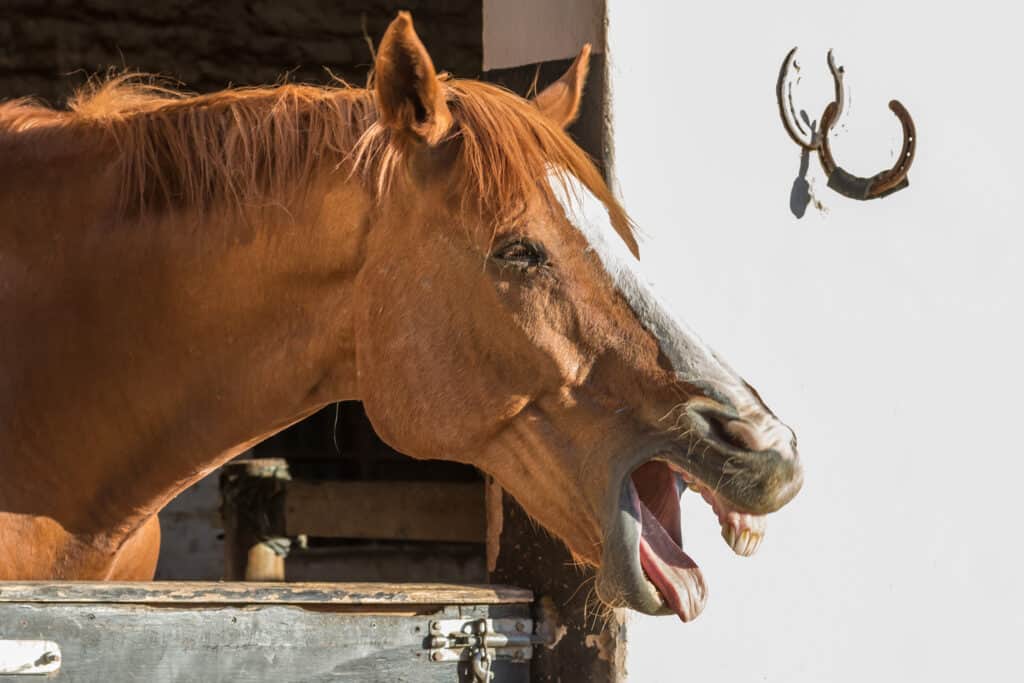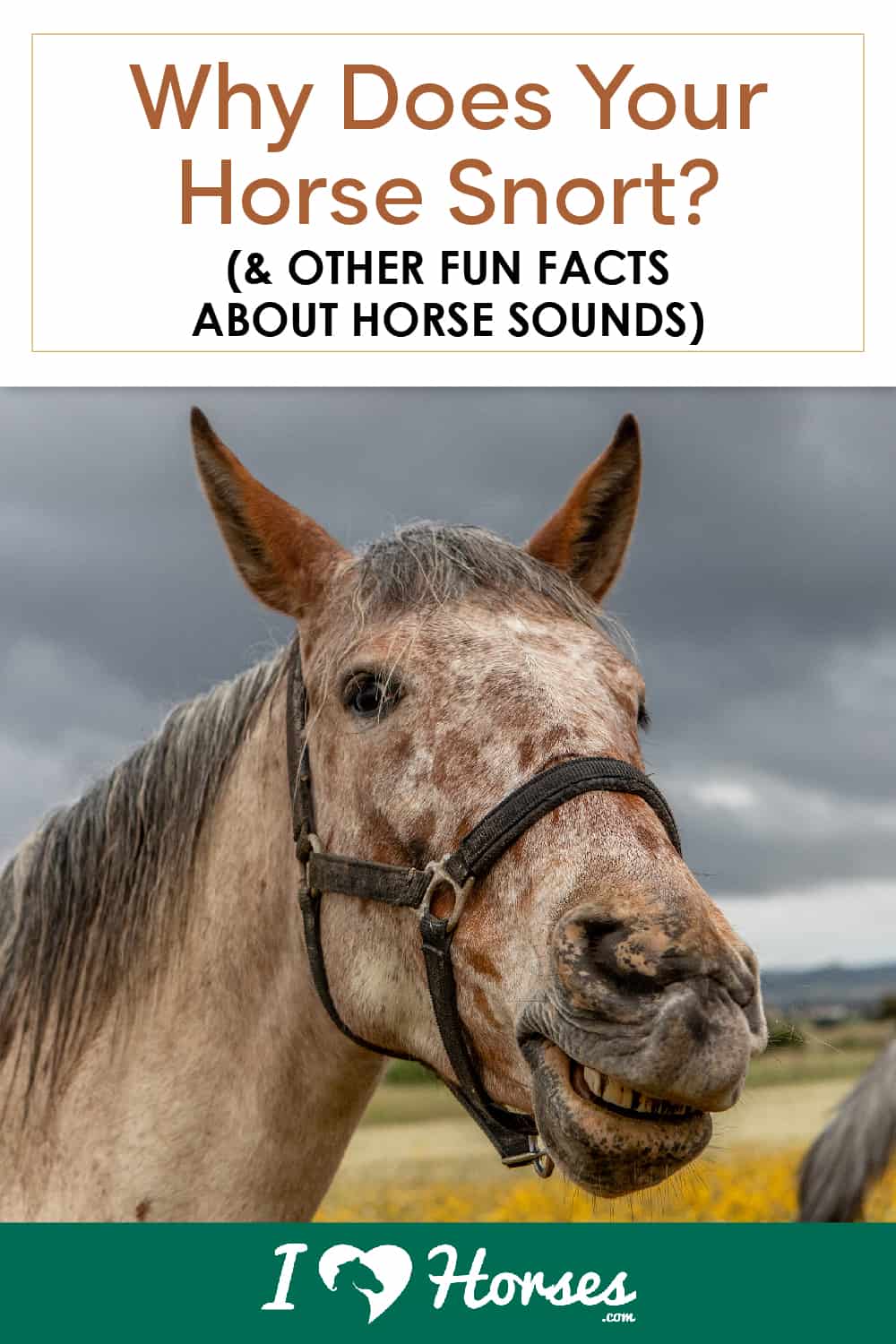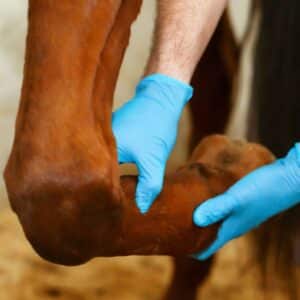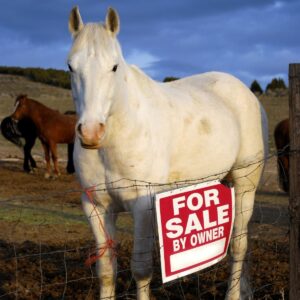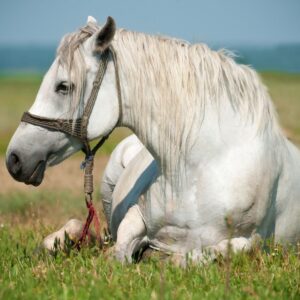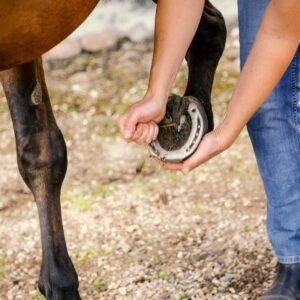Ever wonder what your horse is saying to you? The language of equines is complex. Many equestrians have dedicated their lives to becoming behavioral experts and understanding the language of the horse, both physical and vocal. Granted, horses can’t speak your language, but horses and humans have fascinating ways of communicating with themselves and each other. One way that horses communicate is with sounds, vocalizing their feelings.
Like most animals, horses make various noises to convey their feelings, using different vocal noises to communicate with both horses and humans. If you own your own horses or are regularly around horses, you’re probably acquainted with the friendly nicker that tells you that your horse is pleased to see you. And you may also be familiar with the loud whinny that says, "Breakfast was to be served at 7:00 a.m. sharp, where have you been?"
However, how much do you know about the more subtle noises that horses make to communicate in various circumstances? If you’re not sure what these noises mean, we’ve put together some helpful tips to help you better understand your horse and what exactly they are saying to you.
Sigh
When a horse sighs, taking in a deep breath and letting it out slowly with audible sounds, it can mean a few different things. In some cases, such as while being groomed or receiving massage therapy, it can signal that they are relaxed and calm or experiencing relief. Similarly to humans, some horses sigh when they are tired or bored.
If your horse sighs when you are in the school or riding arena or when they are about to be ridden, they could be bored and expressing this. If this is the case, you could try mixing things up by riding in the field, doing some challenging pole work, or going on a hack with others.
Groan
As with humans, horses may groan to express pain or discomfort, so this is one to keep an eye on. If your horse groans and pins their ears back simultaneously, it probably means that they are displeased or in some sort of discomfort. If he groans in pain when you mount, dismount, or land when jumping, your horse could be experiencing some saddle discomfort or general pain from an injury or soreness.
It’s always a good idea to investigate such behavior to rule out anything sinister. Sometimes horses will groan if they are experiencing stomach pain or are generally feeling unwell. In these cases, detective work is required.
Nickering
Of all horse sounds, a nicker is generally a joy to hear! A nicker is a sociable sound that your horse will make with their mouth closed, moving their nostrils with their ears pricked forward to attention. It is an affectionate sound that horses will use with their peers. Mares and foals will nicker at each other as well. And if you are lucky your horse will nicker to you, too.
Blowing
Horses will blow or snort when they are either physically out of breath after work, excited, or getting worked up. You’ve probably seen a racehorse after a race, or an event horse after the cross-country phase, blowing heavily with red nostrils. This is because they are out of breath and their heart rate is increased after work, in the same way that humans will struggle to regulate their breathing after heavy exercise.
To an extent, a horse blowing or snorting after heavy exercise is normal, and you should offer them moderate amounts of water and walk them in a cooler rug to absorb sweat and cool down. However, other instances when your horse might blow and snort are when they are stressed or excited. For example, they might blow and snort if they are in a new place or excited to be turned out.
A horse will also make sounds like blowing and snorting when they are stressed due to pain. This may signal an illness such as colic, so it’s important that you monitor your horses symptoms and behavior to make sure that the blowing isn’t linked to physical pain.
Neigh
The classic neigh. A horse will neigh when they are stimulated or shouting for attention! It really depends on the tone of the neigh: A high-pitched neigh may signal that the horse is anxious. For instance, if the horse is alone and calling for other horses, they may be displaying separation anxiety. An anxious neigh may also break, and the horse might be warm and sweaty, with ears flicking back-and-forth to attention and the whites of their eyes showing.
In contrast, a confident and assertive neigh is a demanding neigh that says, "Feed me NOW, or the chef is fired!" If a horse displays this neigh in a social situation in the herd, it might be to signal or warn the rest of the herd, giving the other horses a heads up that something is afoot.
Squeal
Squealing is typically a mare thing! While a stallion might roar and whinny loudly to capture the attention of a mare, a mare commonly squeals to tell them off or assert that their space has been invaded, showing their distaste. Squealing may be teamed with ears flat back and heads tossing, in some cases with the back legs kicking out. Mares might also squeal at each other, to show their dominance and tell the other horse to back off. Hell hath no fury like a mare scorned!
What new fact did you learn about horse sounds? Let us know in the comments below! And be sure to share this article with other equine enthusiasts.
Looking for more information on how your horse communicates? Check out this article on what tail movements really mean here!
Horse Courses by Elaine Heney
- Listening to the Horse - The Documentary by Elaine Heney & Grey Pony Films
- Shoulder In & Out Training for better balance, bend & topline development with your horse
- Over 110+ Polework Exercises & Challenges to Download
- Dancing at Liberty & Creating Connection with Your Horse (11 lessons) - Grey Pony Films
This article was written by Anna Wilson

